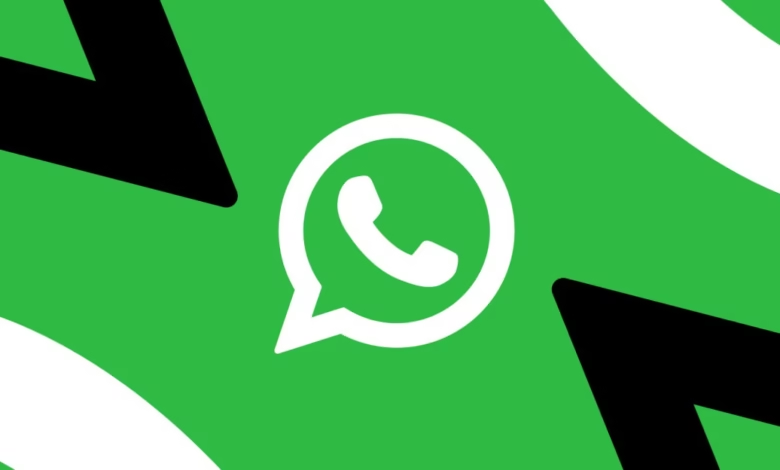House Staffers Banned From Using WhatsApp on Devices

▼ Summary
– The House of Representatives banned staff from using WhatsApp on government devices due to cybersecurity concerns, citing risks like lack of data encryption and transparency.
– The House’s chief administrative officer warned staff to remove WhatsApp from government devices, including mobile, desktop, and web versions.
– Meta disputed the ban, stating WhatsApp messages are end-to-end encrypted by default, offering higher security than many approved apps.
– The House recommended alternatives like Microsoft Teams, Signal, iMessage, FaceTime, or Wickr for secure communications.
– The House has previously banned TikTok and restricted ChatGPT’s free version on government devices, extending its scrutiny to other apps.
The House of Representatives has implemented a strict ban on WhatsApp for all government-issued devices, citing significant security concerns. According to an internal email obtained by Axios, the House’s cybersecurity office classified the messaging app as high-risk due to unresolved data protection issues. The directive prohibits staffers from installing or using WhatsApp across mobile, desktop, or web platforms on any official devices, with enforcement actions planned for non-compliance.
Meta, WhatsApp’s parent company, strongly contested the decision, with communications director Andy Stone publicly challenging the House’s assessment. In a post on X, Stone emphasized that WhatsApp employs default end-to-end encryption, a security feature surpassing many apps currently approved for government use. “Neither Meta nor any third party can access these encrypted conversations,” he stated, arguing the ban contradicts the app’s robust privacy measures.
Alternative communication tools like Microsoft Teams, Signal, and iMessage were recommended in the House’s advisory, alongside Amazon’s Wickr and Apple’s FaceTime. This move aligns with broader congressional efforts to limit apps deemed vulnerable to data breaches, including prior bans on TikTok and restrictions for ChatGPT’s free tier. The Chief Administrative Office has yet to provide additional details regarding the policy’s implementation or potential exceptions.
The decision reflects growing scrutiny over third-party apps handling sensitive government communications, particularly those with opaque data practices. While Meta defends WhatsApp’s security protocols, lawmakers appear unwilling to compromise on perceived vulnerabilities, signaling tighter controls for official digital tools moving forward.
(Source: The Verge)

